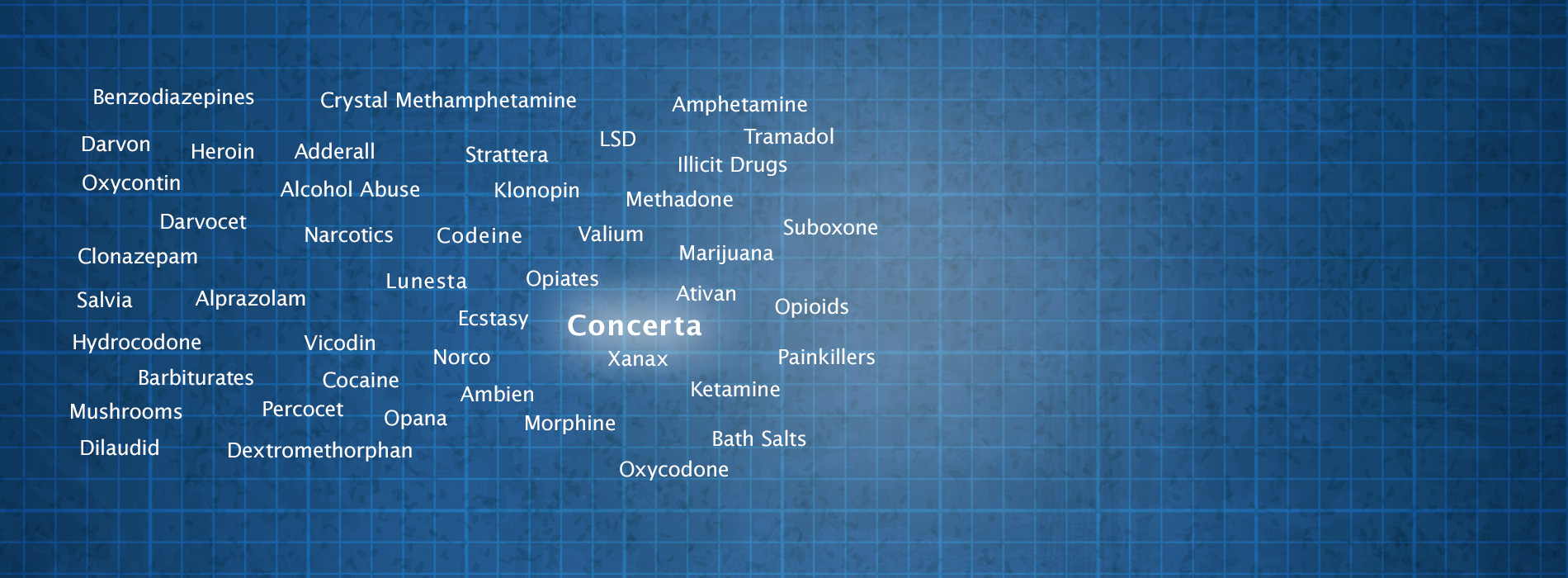Concerta
Concerta (methylphenidate) alters brain chemicals and nerves that deal with impulse control and hyperactivity. This central nervous system stimulant is used to treat attention deficit disorder (ADD) and attention deficit hyperactivity disorder (ADHD). Concerta is indicated for children under the age of six years, as well as adolescents and adults up to age 65 years. As part of a treatment program, Concerta is used for educational, psychological, and educational measures. However, this drug has the potential for abuse and has been used inappropriately by many people.As with Ritalin, Concerta is a Schedule II controlled substance, and is abused by many people to achieve a euphoria or “high.” Many people who start occasionally using this drug eventually end up falling into a cycle of dependency. Both physical and psychological issues arise when someone uses a stimulant.
Physical Dependence and Addiction
- Fatigue
- Headaches
- Insomnia
- Craving for the drug
- Obsessing about obtaining the drug
- Irritability and aggressive behavior
- High blood pressure
- Elevated heart rate
Reasons for Concerta Abuse
- Stimulation – The drug is used to keep you alert, give you energy, or improve attention. However, after a short while, the user starts to want more and more of the drug.
- Performance – Many athletes abuse Concerta to perform better in a game, and students use it to make better grades.
- Weight loss- Concerta is often used for weight loss, as this is one of the side effects of the drug.
- Delusions, such as thoughts of suicide, hearing voices, paranoia, and aggression
- Physical symptoms of hypomania, restlessness, and inability to sit still
- Increasing the dosage and using the drug frequently
- Intense low feelings and depression
- Problems meeting the demands of everyday life
- Mental preoccupation with getting and consuming the stimulant
Withdrawals from Concerta
There are several forms of treatment for patients who use/abuse Concerta. Inpatient rehab centers are for those who require detoxification and intense counseling. Outpatient centers are for those who need to continue on the job or school, and must be able to leave the facility. Counseling and group therapy are offered in these rehabs.

